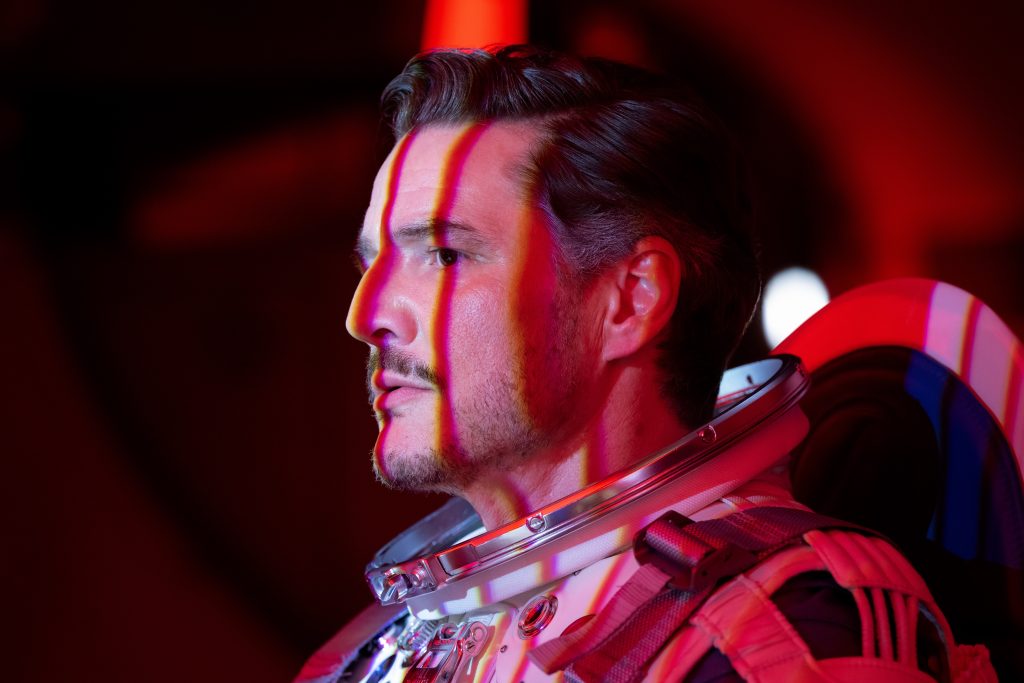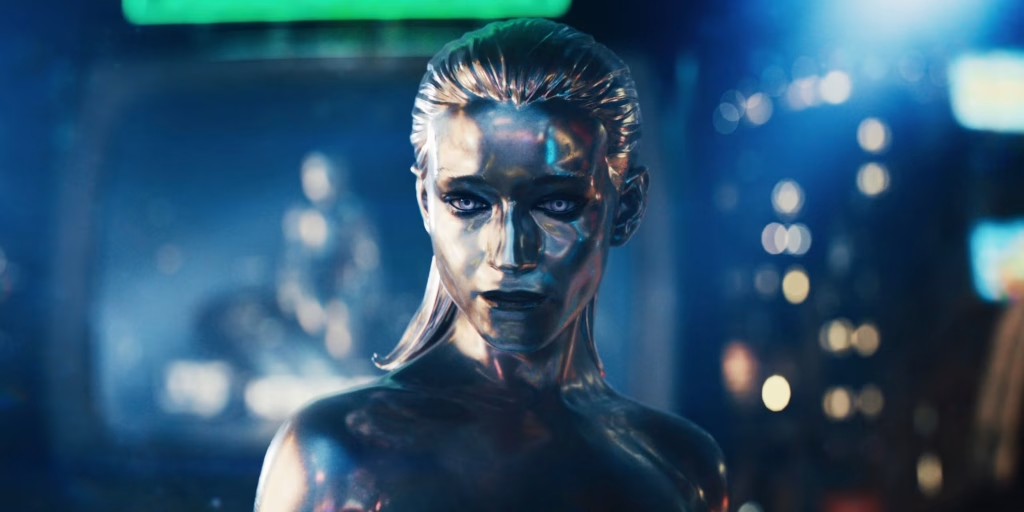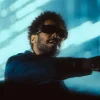In an era saturated with superhero stories, the greatest challenge a new film faces is justifying its own existence. The Fantastic Four: First Steps meets this challenge head-on, not with a louder bang, but with a quieter, more profound depth. Director Matt Shakman has crafted a film that respects its audience’s intelligence from the very first frame, tossing aside the tired origin story in favor of dropping us directly into the lives of a family that feels real, lived-in, and on the brink of a cosmic crisis. This is not just another entry in the genre; it is a soulful and visually spectacular course correction that the comic book movie desperately needed.

The film’s greatest strength, and what elevates it far above its predecessors, is its central quartet. This is a story about family first and superheroes second. The chemistry between the four leads is palpable, creating a dynamic that feels less like a cast of actors and more like a genuine family unit. Joseph Quinn as the fiery Johnny Storm and Ebon Moss-Bachrach as the gruff but lovable Ben Grimm provide essential texture, though the film’s emotional core is the marriage of Reed Richards (Pedro Pascal) and Sue Storm (Vanessa Kirby). Pascal, shedding his stoic hero persona, perfectly captures Reed’s intellectual brilliance and his emotional remoteness—a man who lives in his mind and has to be reminded of the world outside it. Kirby is the film’s anchor, her portrayal of Sue grounded in a powerful mix of strength and vulnerability. Their relationship feels authentic, which makes the film’s central conflict all the more devastating.
After Superhero Fatigue, the MCU Needs a Director Who Can Do the Right Thing
That conflict arrives in the form of the Silver Surfer (a haunting Julia Garner), who heralds the coming of Galactus (voiced with chilling gravity by Ralph Ineson). But this is not a typical alien invasion. Galactus, a being of “relentless eternal hunger,” does not want to rule Earth; he wants to consume it. He offers the heroes an impossible choice, a horrifying moral test with biblical echoes: he will spare the planet, but only if Reed and Sue surrender their powerful, unborn son to serve as his new conscious vessel. This masterstroke of a plot transforms the film from a standard superhero epic into a primal horror story. The stakes are not just global; they are deeply personal, forcing our heroes to weigh the fate of the world against the life of their child.
This profound emotional drama unfolds within a world that is an absolute feast for the eyes. The production design is a breathtaking departure from the often bland, green-screen aesthetic of modern blockbusters. The film’s world is a dazzling and imaginative amalgamation of retro-futurism and cosmic wonder, a place that feels both familiar and entirely new. Shakman, who has a background in both television (WandaVision) and theater, brings a meticulous eye for composition and character to every frame, ensuring that the visuals serve the story, not overwhelm it.

The film is not without its flaws. In its admirable quest for a brisk pace, the editing can sometimes feel too aggressive, cutting away muscle along with the fat. The intense focus on Reed and Sue’s dilemma means that Ben and Johnny, while charming, are not afforded the same depth of characterization. Furthermore, the audience’s certainty that a nine-figure blockbuster will not end with the sacrifice of an infant does place a ceiling on the story’s ultimate suspense.
What’s Coming to Netflix in August 2025 (and What’s Leaving)
However, these are minor quibbles in what is an otherwise spectacular achievement. The Fantastic Four: First Steps is an intelligent, emotionally mature, and visually stunning film that not only avoids the failures of past adaptations but sets a new, higher standard for what a comic book movie can be. It is a rare example of a film that prizes character over spectacle and humanity over superpowers, delivering a story that is both epic in scale and deeply, achingly personal.









